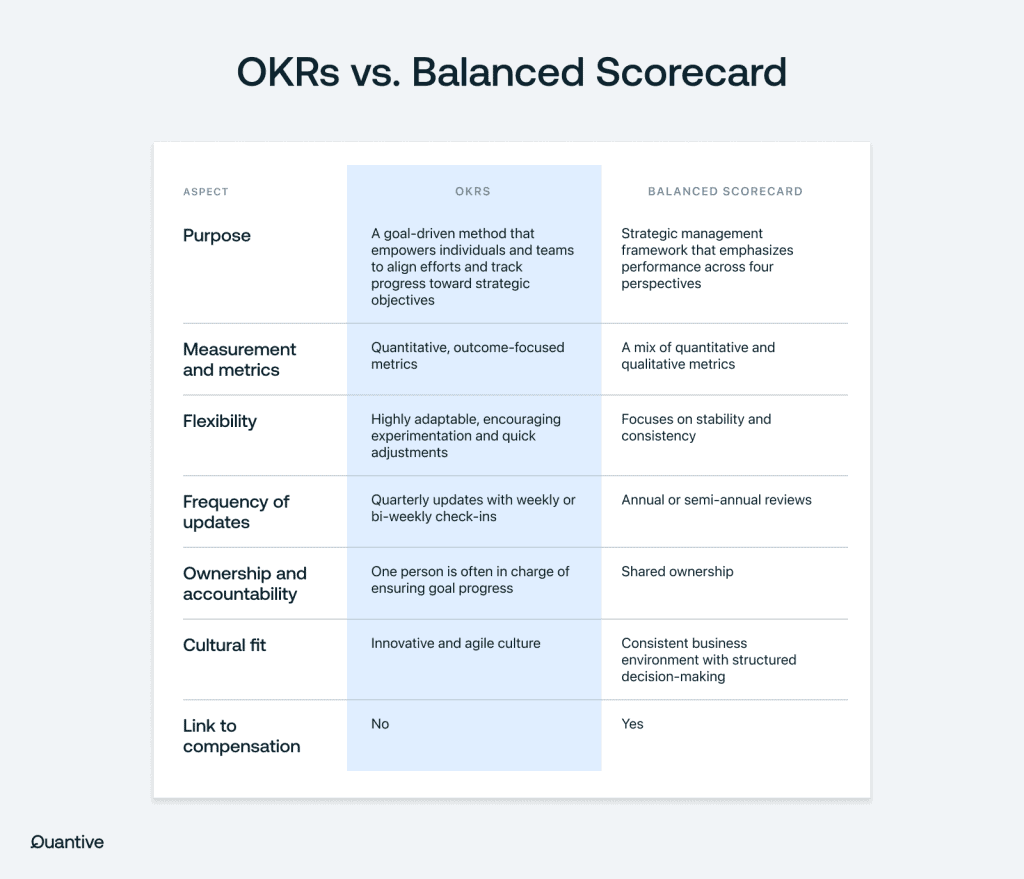Apple's Ecosystem And Its Implications For Google's Future

Table of Contents
Apple's Ecosystem: A Deep Dive into its Strengths
Apple's success isn't just about individual products; it's the carefully cultivated synergy between them that forms the backbone of its powerful ecosystem.
Hardware-Software Synergy
Apple's control over both hardware and software allows for a level of integration unmatched by competitors. This tight control results in a seamless user experience that fosters loyalty and reduces the desire to switch to alternative platforms.
- iMessage: The deeply integrated messaging platform locks users into the Apple ecosystem, making switching to Android a significant inconvenience.
- AirDrop: Effortless file sharing between Apple devices further enhances the convenience and interconnectedness within the Apple ecosystem.
- iCloud: Seamless cloud storage and syncing across all Apple devices contribute to a cohesive and user-friendly experience. This integration significantly reduces switching costs, as users risk losing access to their data and established digital life if they switch platforms.
This symbiotic relationship between hardware and software is a cornerstone of Apple's ecosystem, creating a compelling user experience that discourages users from migrating to competing platforms.
Data Privacy and Security
Apple's emphasis on user privacy stands in stark contrast to Google's data-driven business model. This focus on privacy is increasingly resonating with consumers concerned about the collection and use of their personal data.
- On-device processing: Many Apple features prioritize processing data locally on the user's device, minimizing data transmitted to Apple's servers.
- Transparency in data collection: Apple provides users with more transparency regarding data collected, empowering them to make informed choices.
- Strong encryption: Apple implements robust encryption to protect user data, enhancing security and building trust.
This commitment to privacy positions Apple as a more attractive option for privacy-conscious users, potentially chipping away at Google's market share, particularly in areas where data privacy is paramount.
App Store Dominance and Revenue Generation
The App Store is not just a marketplace; it's a crucial component of Apple's ecosystem, generating significant revenue and influencing app development.
- Curated app selection: Apple's strict app review process ensures a higher quality and more secure app environment than some competitors.
- Strict guidelines: These guidelines, while sometimes controversial, maintain a consistent user experience and protect users from malicious apps.
- Revenue sharing model: Although the revenue sharing model is a subject of ongoing debate, it still generates substantial income for Apple and provides developers with a platform to reach millions of users.
This contrasts sharply with the Google Play Store’s more open approach. The App Store’s control allows Apple to maintain quality, security, and revenue, solidifying its position in the mobile app ecosystem.
Google's Response to the Apple Ecosystem Threat
Google is not passively watching Apple's growing influence. It's actively working to improve its own ecosystem and diversify its offerings.
Strengthening Android's Ecosystem
Google is investing heavily in improving the user experience and integration within the Android ecosystem.
- Improved app compatibility: Efforts are ongoing to improve consistency and compatibility across different Android devices.
- Better device management: Google is working to provide more streamlined management and control of Android devices.
- Increased focus on privacy features: Google is increasingly emphasizing privacy features in Android, mirroring Apple's strategy.
However, fragmentation within the Android ecosystem continues to be a challenge, hindering Google's ability to create a truly unified experience comparable to Apple's.
Expanding Beyond Android
Google is diversifying its business beyond Android to reduce dependence on its success and compete directly with Apple.
- Pixel phones: Google's Pixel line offers a hardware platform tightly integrated with Google services, creating a counterpoint to Apple's offerings.
- Nest devices: The expansion into smart home devices with Nest positions Google to compete with Apple's HomeKit ecosystem.
- Google Cloud: The cloud platform is a vital component of Google's broader ecosystem, competing directly with Apple's iCloud.
These diversification strategies aim to build a broader, more comprehensive ecosystem less reliant on the success of Android alone.
The Battle for Services
The competition between Google and Apple extends beyond operating systems to a battle for dominance in digital services.
- Cloud services: Google Drive and iCloud compete directly for cloud storage and productivity services.
- Streaming services: YouTube and Apple TV+ compete for the attention and subscription fees of consumers.
- Other digital offerings: Both companies offer a wide range of digital services, creating a fierce competition across various sectors.
The outcome of this battle for market share in digital services will significantly influence the long-term success of both companies.
Long-Term Implications and Future Predictions
The ongoing competition between Apple's ecosystem and Google's ecosystem will significantly shape the future of the tech industry.
The Future of Mobile Operating Systems
The future of mobile operating systems is uncertain, with several potential scenarios:
- Increased market consolidation: We may see a further consolidation of the market, with fewer major players.
- The rise of new operating systems: A new, disruptive operating system could emerge, challenging the dominance of iOS and Android.
- Continued competition: The status quo could prevail, with iOS and Android continuing to compete fiercely.
The balance of power between Apple and Google will likely determine the trajectory of the mobile OS landscape.
The Growing Importance of Cross-Platform Compatibility
The demand for seamless cross-platform functionality is growing rapidly.
- Web applications: The increasing prevalence of web applications allows for greater cross-platform compatibility.
- Cross-platform development tools: Tools enabling developers to create apps for multiple platforms simultaneously are gaining traction.
This trend might force both Apple and Google to adapt their strategies, potentially leading to increased interoperability between their ecosystems.
Conclusion
Apple's ecosystem, with its hardware-software synergy, privacy focus, and dominant App Store, presents a significant challenge to Google. Google's response, involving strengthening Android, expanding beyond Android, and battling for supremacy in digital services, is crucial for its future. The long-term implications are far-reaching, influencing everything from mobile operating systems to the importance of cross-platform compatibility. The competition between these two tech giants is reshaping the technological landscape. What are your thoughts on the future of Apple's ecosystem and its implications for Google? Share your predictions and insights in the comments below!

Featured Posts
-
 65 Rokiv Printsu Endryu Ditinstvo Ta Yunist Na Foto
May 11, 2025
65 Rokiv Printsu Endryu Ditinstvo Ta Yunist Na Foto
May 11, 2025 -
 Mdah Ka Tam Krwz Ke Jwtwn Pr Pawn Rkhna Mkml Khany
May 11, 2025
Mdah Ka Tam Krwz Ke Jwtwn Pr Pawn Rkhna Mkml Khany
May 11, 2025 -
 Is Henry Golding Returning For The Crazy Rich Asians Tv Show
May 11, 2025
Is Henry Golding Returning For The Crazy Rich Asians Tv Show
May 11, 2025 -
 Lol Chantal Ladesou Explique Son Absence
May 11, 2025
Lol Chantal Ladesou Explique Son Absence
May 11, 2025 -
 Boateng Vs Kruse Dissecting Hertha Bscs Struggles
May 11, 2025
Boateng Vs Kruse Dissecting Hertha Bscs Struggles
May 11, 2025
